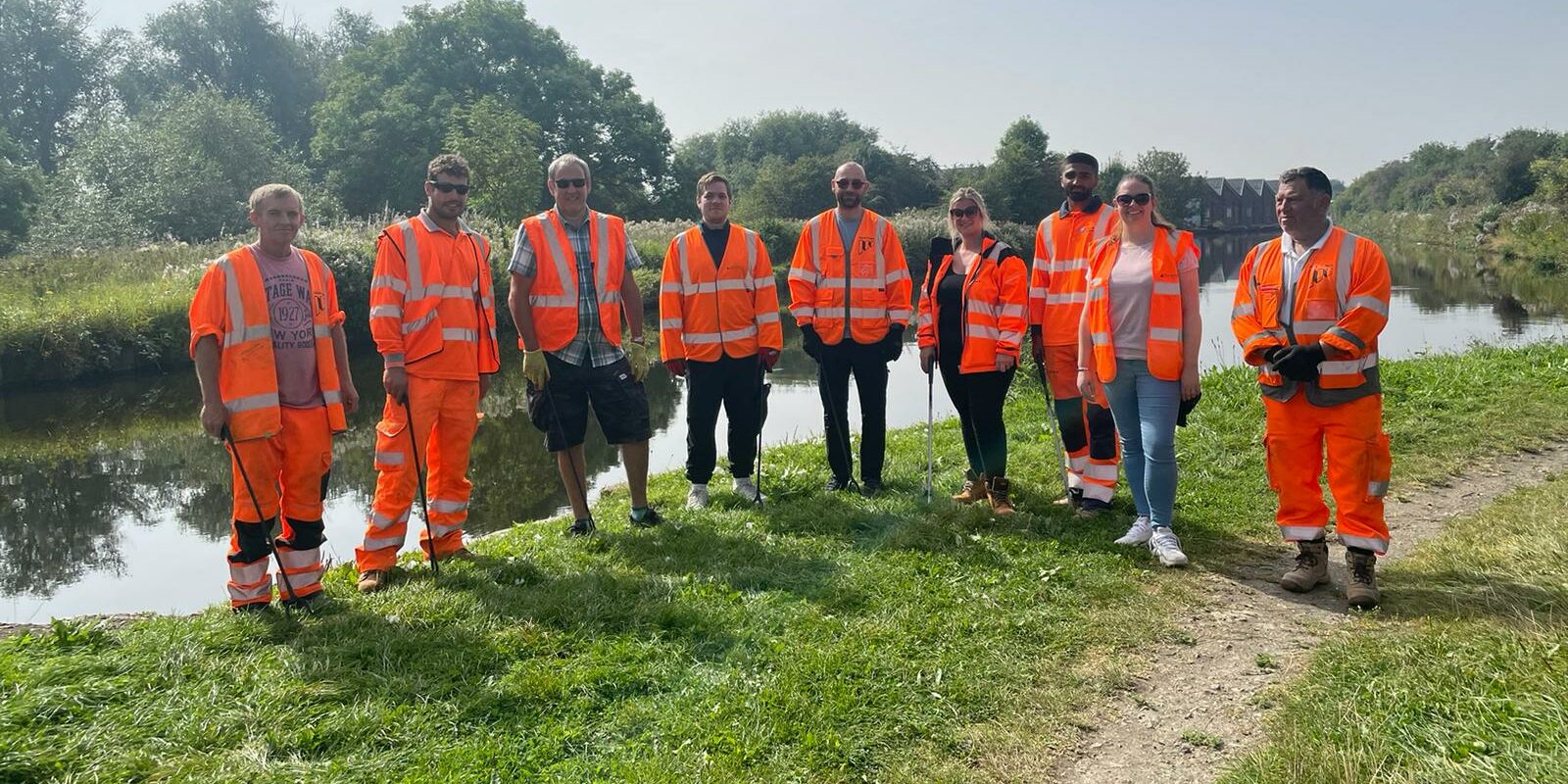Sustainability
Our sustainability strategy people, planet, performance (PPP) ensures a joined-up approach for our business to create and record sustainable value. PPP is a comprehensive approach to sustainability, providing clarity and governance to our project teams and customers.
A comprehensive approach
The purpose of the plan is to embed sustainability into our business practices for “business as usual”. The design of it ensures an inclusive strategy, reconciled against key industry guidance and government social and environmental priorities. This includes:
-
 United Nations Sustainable Development Goals
United Nations Sustainable Development Goals
-
 2015 Paris Agreement
2015 Paris Agreement
-
 Social Value Act 2012
Social Value Act 2012
-
 United Kingdom’s 2050 Net Zero Target (2019)
United Kingdom’s 2050 Net Zero Target (2019)
-
 Construction Industry Training Board
Construction Industry Training Board
-
 TOMs National Framework 2020
TOMs National Framework 2020
-
 Construction Playbook
Construction Playbook
We are also Supply Chain Sustainability School partners,
capturing and sharing industry best practice.

Our commitment to reducing our own carbon emissions
Over the past 10 years, we have continued to reduce our own carbon emissions from our permanent offices, construction sites, business travel, water consumption, office waste and construction waste. So that we understand our own carbon footprint, we measure our greenhouse gas emissions in accordance with the Carbon Reduce Scheme and ISO 14064 Part 1 2018.
We are committed to managing and reducing our own operational emissions. Our own carbon reduction initiatives include:
- Introduced a green car scheme, providing employees with an electric or plug-in hybrid vehicle and installing electric charging points across our offices and sites
- Introduced a flexible working policy, reducing business travel and enabling a better work-life balance
Our net zero plan
We have been measuring and reducing our own carbon emissions since 2013 and we were one of the first contractors to publish a PPN 06/21 compliant Carbon Reduction Plan, which meets the requirements of Carbon Reduce certification.
We annually review our biggest sources of our emissions and analyse our performance against our 2019 baseline year to confirm that our business processes and our carbon reduction initiatives are effective at reducing emissions. Our operational emissions are independently audited by Achilles through the Carbon Reduce scheme, and we are on track to achieve our targets.
Our carbon reduction plan commits us to be net zero:
- In our own operations by the end of 2023, including Scope 1, Scope 2 and operational Scope 3 emissions
- Including wider Scope 3 emissions from supply chain and end-users by 2040, ahead of the government’s 2050 target
We are currently on target for this and will be publishing our results following our audit at the end of quarter one, 2024.

Social value
We are committed to giving back to the communities we work with. Whether through our apprenticeship programme, supply chain engagement or our volunteering efforts, we are passionate about contributing to the local economy and community.
We are proud to have delivered hundreds of vital projects across the UK, including new schools, hospitals, roads and other infrastructure – leaving a lasting positive impact on communities and lives.
Modern methods of construction (MMC)
Modern methods of construction are increasingly important to the future of the sector. The government’s 2025 Construction Strategy has set ambitious targets to reduce carbon, enhance sustainability and promote the use of ‘smart’ technology.
We are committed to the use and integration of modern methods of construction in our business. Our Technical team uses collaborative technology to store standardised solutions and key supplier data. This data can be used to create a digital replica of a project – a ‘digital twin’. This digital twin provides a fuller understanding of a facilities components, interfaces and modules. It also provides a better basis for managing the asset, understanding operational carbon usage and reducing whole life cost.
Offsite manufacture
The use of digital technology also promotes the standardisation and harmonisation of the whole design and assembly process. Components are standardised, pre-manufactured and pre-assembled as far as possible off-site. The digital model process allows for a safer, more efficient site assembly, with minimum disruption to client operations. Data capture at every stage is then fed back into the digital model for future improvement.
